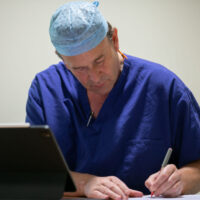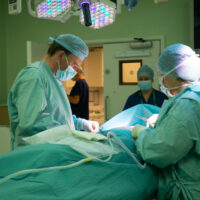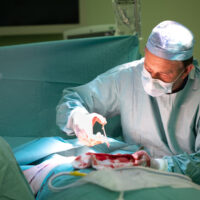
What are the chances of plastic surgery going wrong?
A 2018 retrospective published in Plastic and Reconstructive Surgery looked at over 26,000 outpatient plastic surgeries between 1995 and 2017, and found that complications occurred in less than 1 percent of cases.
Common complications following plastic surgery include infection, necrosis, wound separation, fluid collections or abscesses, and blood clots.
The most common issue? Hematomas, which are essentially very bad bruises.
When recognised right away, many of these problems can be successfully treated. However, these and other problems can also become much more serious.
What can go wrong with plastic surgery?
Infection at the incision site, which may worsen scarring and require additional surgery. Fluid buildup under the skin. Mild bleeding, which may require another surgical procedure, or bleeding significant enough to require a transfusion. Abnormal scarring due to skin breakdown.
BAAPS members have witnesses an increase in requests from patients to correct failed plastic surgery procedures
Unfortunately there is an increase of under trained, under qualified and under experienced surgeons that lure patients in with cheaper fees.
UK patients are often seduced by cheap offers abroad, leaving qualified, experienced surgeons to pick up the tab when something goes wrong.
A poll of BAAPS members (of which there are circa 230) reveals eight out of ten have witnessed an alarming increase in requests from patients to correct failed cosmetic procedures during the last five years – with some members counting as much as a third of their own practice just fixing other people’s mistakes.
This stresses even more the importance of choosing a plastic surgeon that is board-certified by BAAPS.
Training properly to become a plastic surgeon takes many years – a minimum of about sixteen. We must become educated and exposed to the importance of patient selection, be focused, and above all safe – aside from just the technical skills required to perform the procedure.
Choosing your Plastic Surgeon
Always book a consultation with the plastic surgeon who will perform your procedure before making your final decision.
Ask your surgeon:
- how many of these procedures they’ve done
- what qualifications and training they have
- if they’re a member of a relevant professional association eg. BAAPS, that shows they meet set standards in training and skill
- about the most common complications of the procedure
- what aftercare you can expect and who will look after you
- what to do if something goes wrong or you’re not happy with the result
- how much it’ll cost, and if it’ll cost extra to have further treatment if needed
Always book a consultation with the plastic surgeon who will perform your procedure before making your final decision.
Check your desired plastic surgeon is qualified
You can see if a surgeon is qualified by checking they are registered with a suitable specialist association, trained and have experience in the procedure you would like them to perform.
Only registered doctors can perform cosmetic surgery in England. You should check if someone is a registered surgeon with the General Medical Council online register.
BAAPS Members are fully trained Plastic Surgeons. They have undergone a rigorous training programme. Currently this involves six years training in recognised training centres, undergoing regular assessment and examinations.
Some plastic surgeons have a cosmetic surgery certificate from the Royal College of Surgeons (RCS). This means they’ve taken an exam, been assessed and they meet an agreed national standard.
Check the hospital is registered
All independent hospitals and clinics that provide plastic surgery in England must be registered with the Care Quality Commission (CQC).
Check the hospital is registered with the CQC, or ask them to show you its certificate.
Summary
Managing your expectations about plastic surgery is important regardless of which procedure you wish to have done. It’s critical to have realistic expectations about plastic surgery, but to also ensure you are on the same page as your surgeon.
To find out more about having a treatment, book your no obligation consultation. You will meet with Antony Fitton and receive expert advice tailored to your needs.
Please call us on 07494 250277 or book your consultation using our online form.
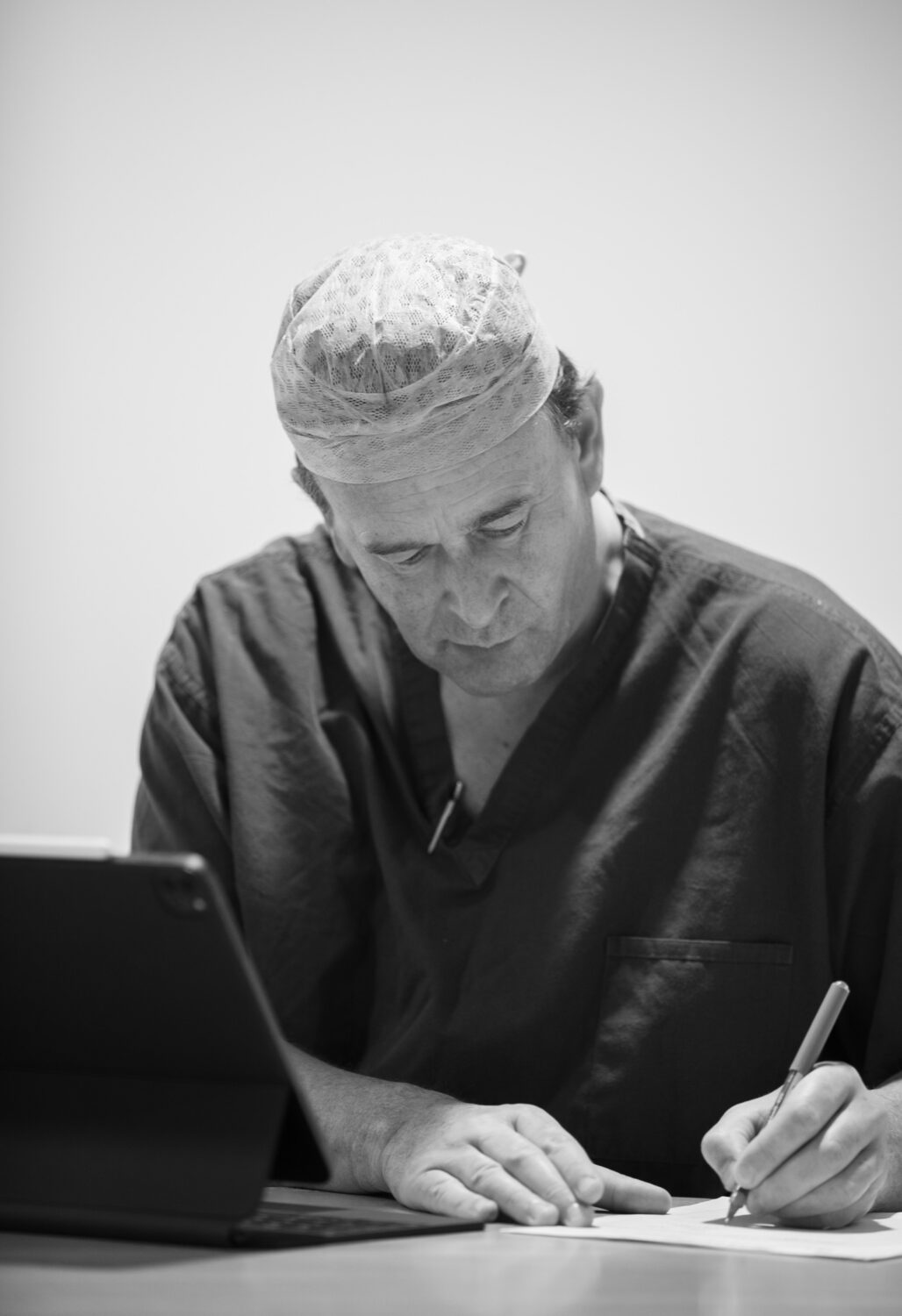
About your Plastic Surgeon: Mr Antony Fitton
MB, BS(hons)., MD., FRCS(eng)., FRCS(plast).
Mr Antony R Fitton qualified at the Royal London Hospital in 1989 with distinction in Surgery. He holds a MB, BS(hons)., MD., FRCS(eng). and FRCS(plast). (Fellowship at the Royal College of Surgeons).
He is a member of BAPRAS (British Association for Plastic, Reconstructive and Aesthetic Surgeons), BAAPS (British Association for Aesthetic Plastic Surgeons), BSSH (British Society for Surgery of the Hand).
Mr Fitton has received the Paton & Masser Award and the CM Matthews Award from the Royal College of Surgeons of England or his research in nerve injury.
Mr Fitton is licensed as Plastic and Reconstructive Surgeon by the GMC.
Life-changing result
"I just wanted to thank you (and your team) for the life-changing result of my top surgery. This will provide me with the freedom that I’m excited to enjoy, including being able to go swimming and actually staying cool in summer! All jokes aside, you have helped to mark a new chapter in my life, for which I am incredibly grateful… ALL the best."
Our appearance has an impact on how others perceive us. We are experts in creating an improved version of you. Click on a procedure below for more information.
Body surgery (or contouring) can involve all or one of the following, with prime focus on areas such as the buttocks, tummy, thighs, arms, and breasts. Click on the links below for more information.
There are several different types of hand surgery but all aim to restore functionality while making the hand look as normal as possible. Click on the links below for more information.
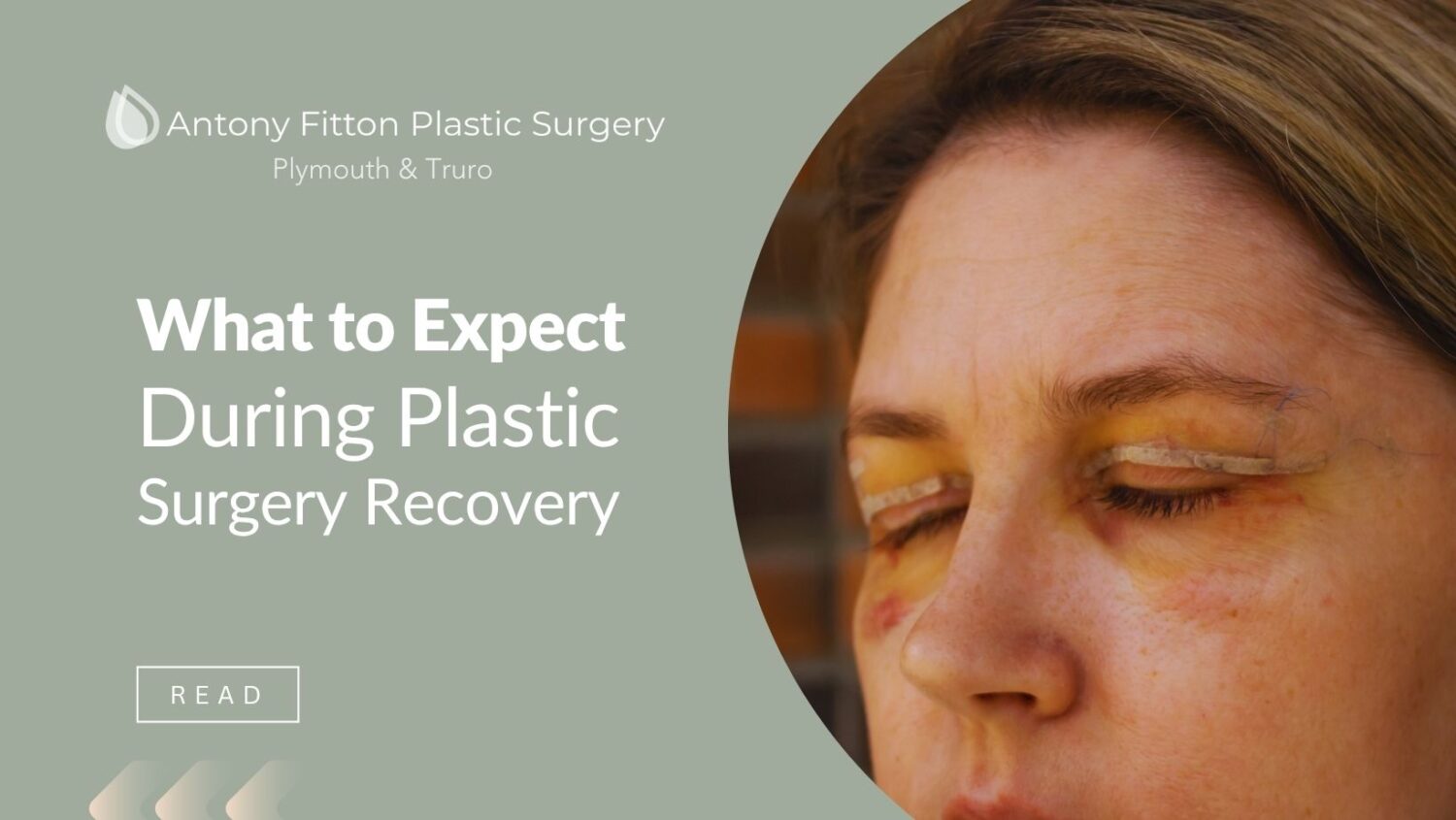
What to Expect During Plastic Surgery Recovery
Our 'What to Expect During Plastic Surgery Recovery' guide from Antony Fitton Plastic Surgery gives

Should I Lose Weight Before a Tummy Tuck?
Discover if you should I lose weight before a tummy tuck and if it can enhance your surgery results
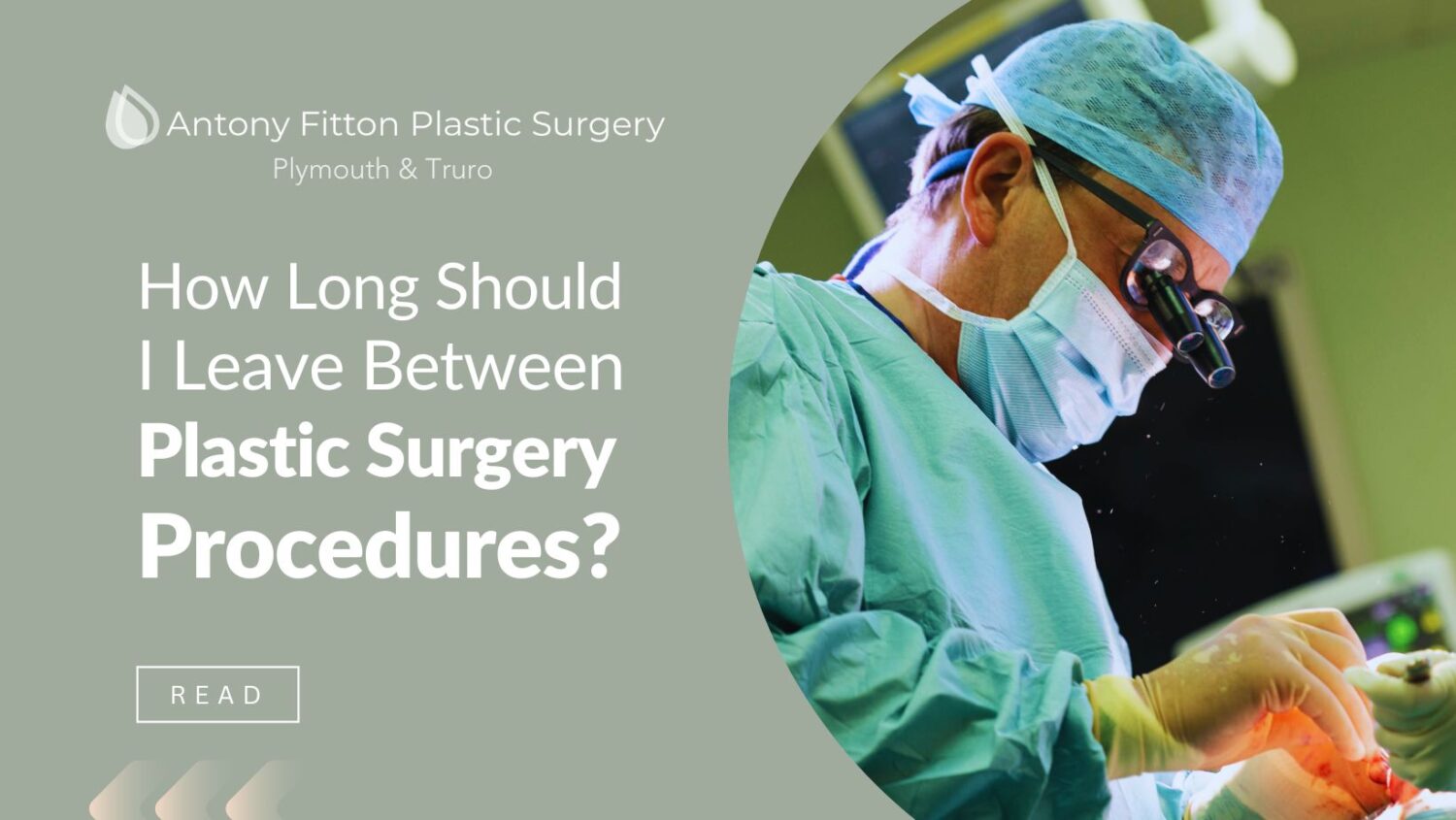
How Long Should I Leave Between Plastic Surgery Procedures?
Discover how long you should leave between plastic surgery procedures for optimal recovery and effec





